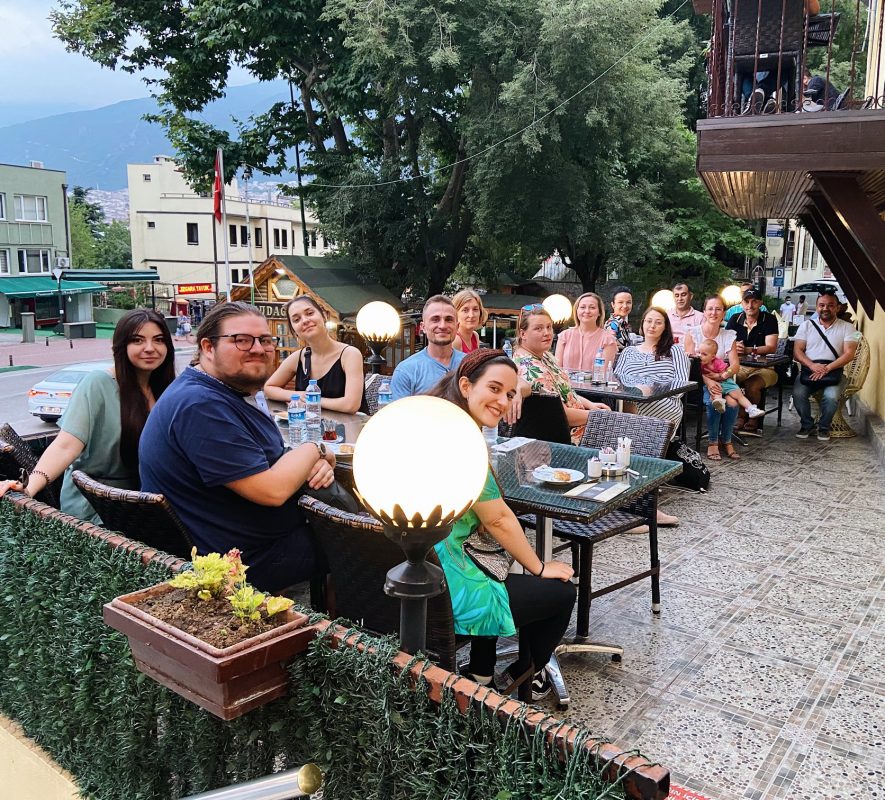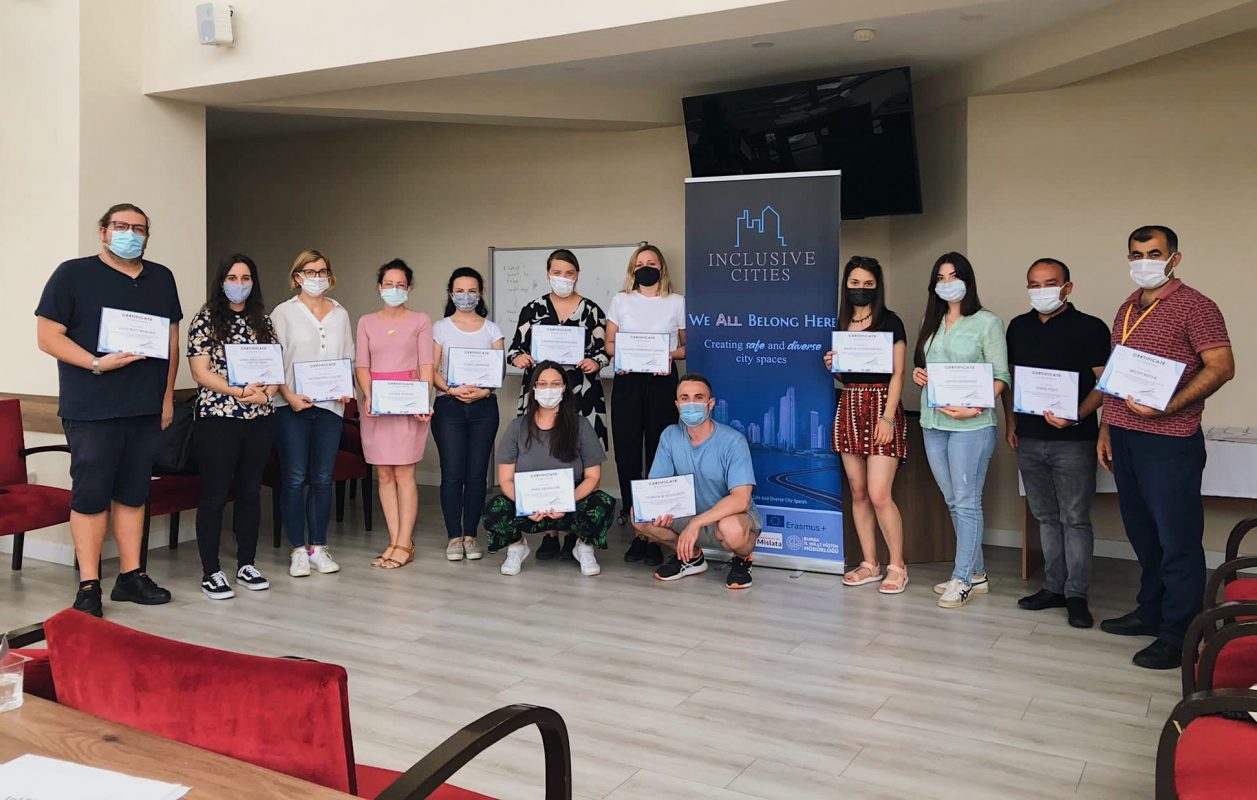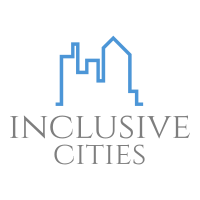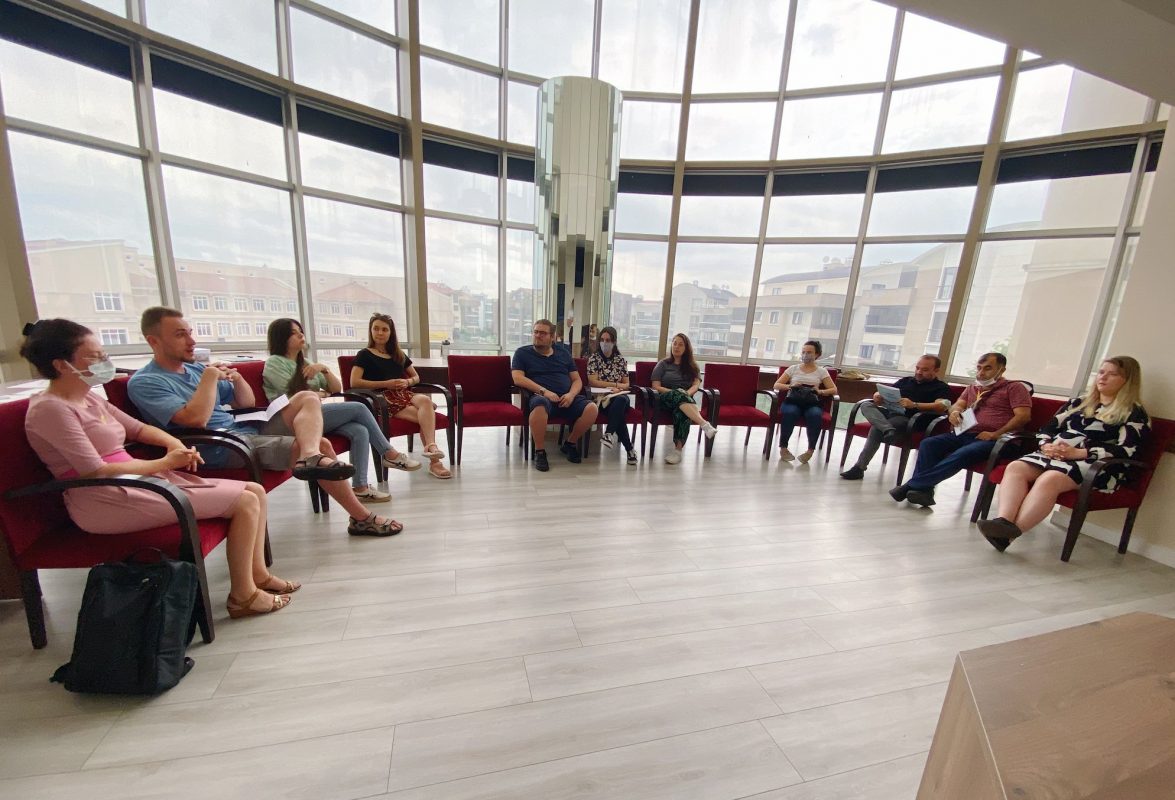Technological progress and digitization of society help us to stay in touch not only with co-workers, but also family members and friends, especially during the pandemic, when travelling and meeting became a real struggle. Paradoxically, it also made us disconnected from local, closest communities and other inhabitants of our neighborhoods, especially in urban areas. Movement of people, domestic and international migration rapidly changed face of societies – adjustment to those changes is a task we all, as educators, activists and change-makers have to fulfil.
#webelong_cities
Creating sustainable communities
There are several groups at risk of marginalization, due to their migration background, lack of local language skills or other factors. Those people are at the highest risk of exclusion. Due to pandemic and travel restrictions, they’ve became particularly vulnerable to be left behind. Focusing on that group is a key to developing open and inclusive cities. However, as we all know assistance and help is a short-cut which does not change a thing in longer perspective. Greatest benefit is to include those, who are fabric of our communities, into active and aware society, ready to take responsibility of the face of their cities. Turning potential beneficiaries into future changer-makers should become the ultimate goal of educators and social workers involved in education. Empowering adults to speak up and act is a way to create more inclusive and safe communities. Other thing we keep constantly in our minds is to remember about 11th Goal of Sustainable Development Goals created by United Nations. That goal focuses mostly on the cities and communities as safe and diverse places, ready to face challenges of rapid urbanization like a growing number of slum dwellers, inadequate and overburdened infrastructure and services, pollution and unplanned urban sprawl.
Developing new approaches to need assessment
Seeking to achieve this goal is one of the main purposes of our KA2 project on adult education We All Belong Here: Creating Safe and Diverse City Spaces, that was developed by Fundacja Autorkeacja and international partners. As part of the project, we recently implemented a Learning Teaching Training for multipliers in Bursa (Turkey). For several day NGOs’ activists from Ukraine and Poland together with multiplicity workers from Spain and Turkey worked on creative and innovative methods of conducting need assessments. Our main idea is to empower people living in our communities to take an active part during that process, not only as potential informants, but also as future change-makers. We decided to develop and try in practice four methods: participatory photography, city-mapping, talk to your city and city walks or games. After distributing the methods, we will plan future actions step-by-step and discuss potential challenges. It was a truly productive part – the fact that we worked in diverse on many levels group help us to look at our task from many angles and perspectives. Another advantage of this situation is wider possibilities of multiplicities workers, who can carry on methods other social and youth workers couldn’t because of limited power of nongovernment institutions.
Educational resources on urban development and adult education

Redefining community building
As a result, we hope to see permanent and deep changes in the way social workers, educators and representatives of multiplicity look at empowerment and need assessment. At Autokreacja Foundation, we deeply believe that our project will help to redefine the way we all look at local communities, helping us develop new approaches and creating sustainable cross-sectoral alliances, joining forces with NGOs and municipalities to shape more inclusive local communities across Europe.


